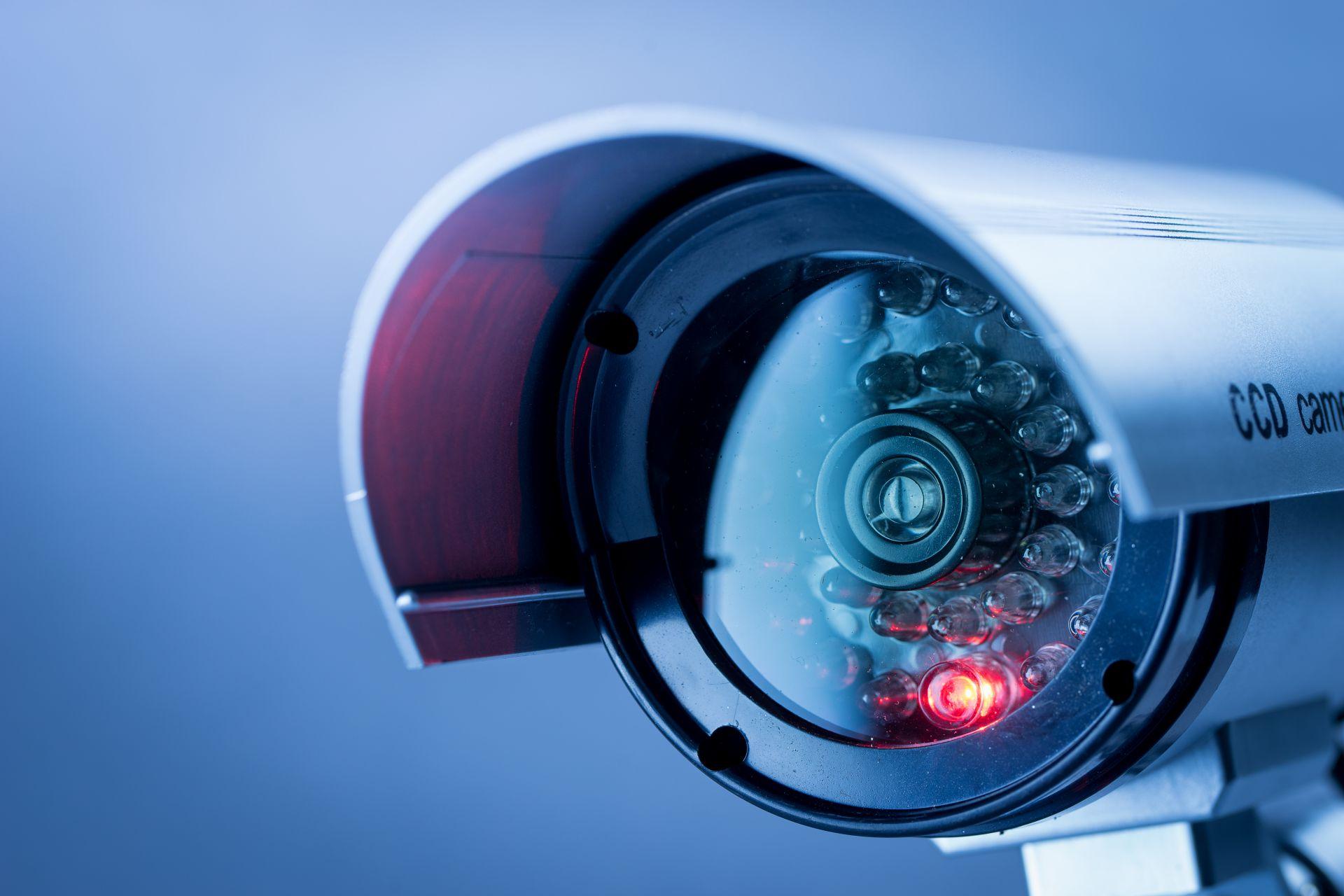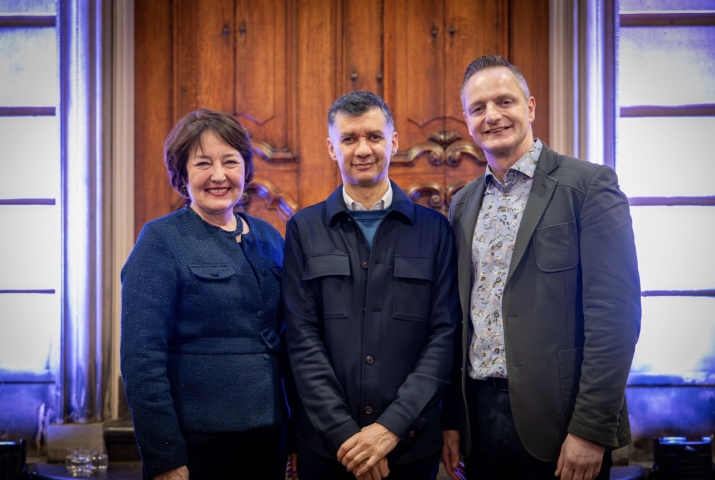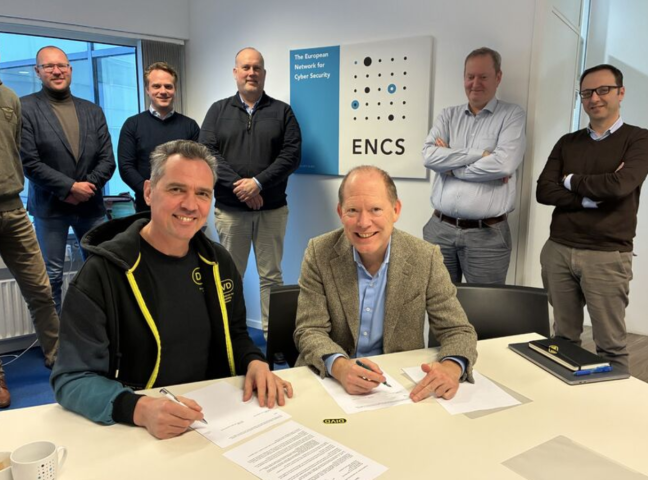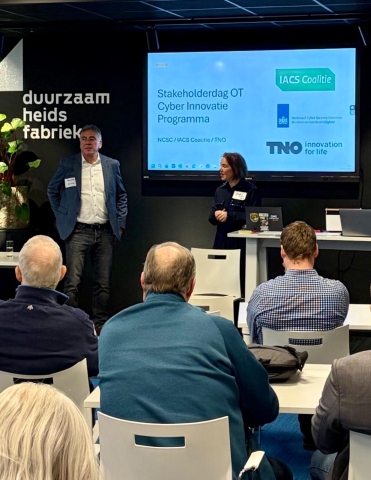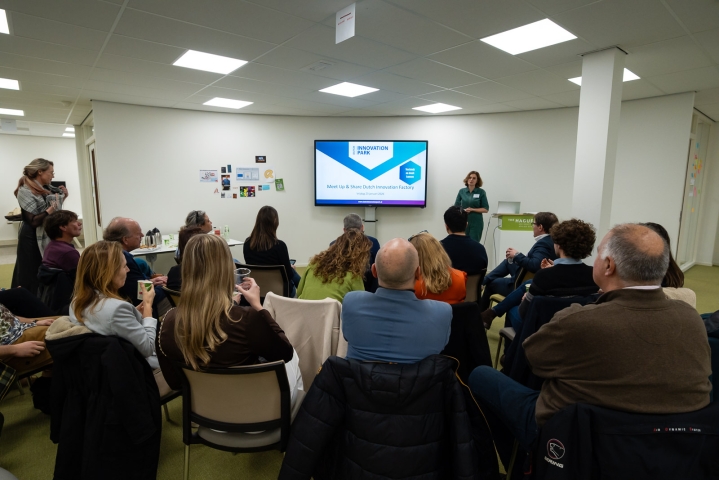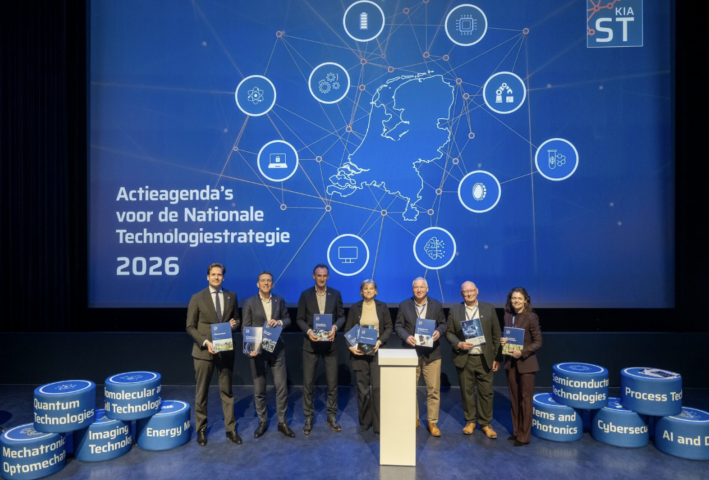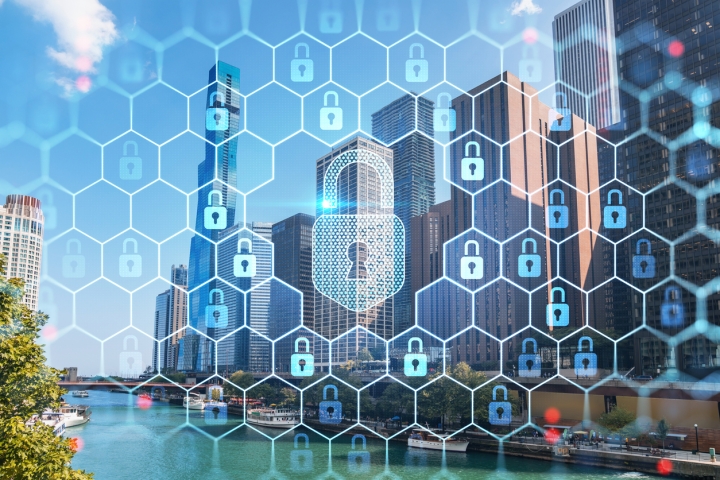Citizens and Sensors: Guidelines for Security Actors
More and more sensors are being deployed in the Netherlands, according to Rathenau’s report ‘Citizens and sensors’ (Burgers en sensoren, 2019) commissioned by the Dutch Police. The report is the result of a literature review and focus groups in which Dutch citizens discussed their opinions towards the increasingly smart and widespread sensors nowadays deployed in society. Over 1.5 million cameras track people’s movements in order to increase safety and security and quality of life. Citizens do accept the use of these sensors, although this strongly depends on the context and feeling of safety.
Sensor trends
The police are automating their core activities by the means of smart sensor technologies, for instance smart cameras with number plate recognition, bodycams for police officers and instrumented light poles to hear starting quarrels. At the same time also private parties are performing investigation and enforcement through the use of sensors, and individuals have sensors in and around their houses. In other words, next to the conventional surveillance of citizens by the police and companies, now citizens also monitor each other, companies, and the state, and actors collaborate in new ways for safety and security. This proliferation in the use of sensors has resulted in a widespread sensor network, that produces large amounts of data.
Citizens’ perception of police sensors
Of all these sensor applications, the report focuses on police sensors installed for stimulating safety and security and quality of life, and people’s perception thereof. Apparently, this perception depends on numerous factors, like people’s personal characteristics, general attitude, and direct social environment. For example, a positive attitude towards technology in general contributes to someone’s faith in sensors. In addition, the type of sensor, the extent to which privacy-by-design is considered, the societal and institutional context, as well as the parties that play a role, define how citizens perceive the sensors technology.
Privacy versus security?
The perpetual battle between privacy and security particularly holds for sensors. The more unsafe people feel in a situation, the more they find the use of sensors acceptable. Citizens appreciate sensors in unsafe environments and crowded public spaces. At the same time, people feel negative towards those same sensors at home, or in tranquil, safer public spaces. But privacy is not the only value to address. Democratic rights, efficiency, effectiveness, innovative power, transparency, quality of life, and human contact should be considered as well in security innovations.
Collaboration and principles are needed
The situation asks for new forms of collaboration and an integrated approach between the police and other actors. Parties must discuss together how sensors and the produced data should be handled. A profound look at the goal, effectivity, and technological properties for sensors is needed, and the same holds for the context in which the sensors are applied. Eight guidelines for sensors are presented to the police based on the research; they are also relevant for all other actors in the security domain.
Smart Cities projects use data that stem from sensors and administration systems to enhance quality of life, efficiency and effectiveness of (public) functions in a city. The Smart Secure Resilient Cities initiative of HSD Office, G5 of the Netherlands (Amsterdam, Rotterdam, The Hague, Utrecht, Eindhoven), the National Police, DITSS, and VNG unites businesses, knowledge institutions, and public organisations to join forces on the challenges in cyber secure and resilient smart cities. In addition to the topics above, questions regarding governance, standardisation, threats, and data ownership should be asked by all parties involved.
Read the official press release of the report on the Rathenau website.
Read the full report in Dutch here.

